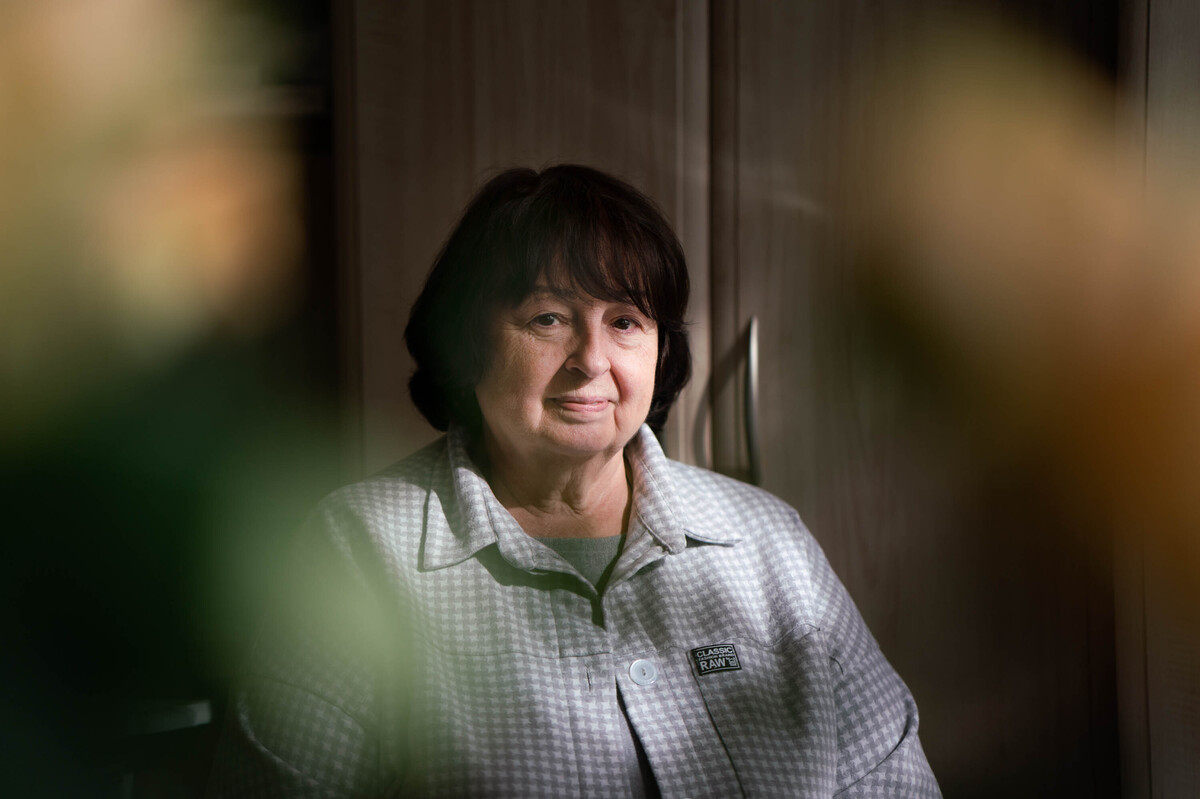
Ludmilla Boiko, a counselor at a community center in Borodyanka, Ukraine. Claire Harbage/NPR hide caption

Ludmilla Boiko, a counselor at a community center in Borodyanka, Ukraine.
Claire Harbage/NPRAs Russian forces have retreated in Ukraine, people in newly liberated towns and villages have been trying to pick up the pieces. But it's a process that can be long and painful.
NPR's Kat Lonsdorf met a woman named Ludmilla, six months ago in the liberated town of Borodianka. Somehow, Ludmilla happened to know Kat's childhood neighbors in Wisconsin. She had stayed with them years ago. That random encounter stayed with Kat, so she checked back in with Ludmilla to see how she is doing.
Email us at
This episode was produced by Gabe O'Connor. It was edited by Nishant Dahiya and William Troop. Our executive producer is Sami Yenigun.

 Live Radio
Live Radio